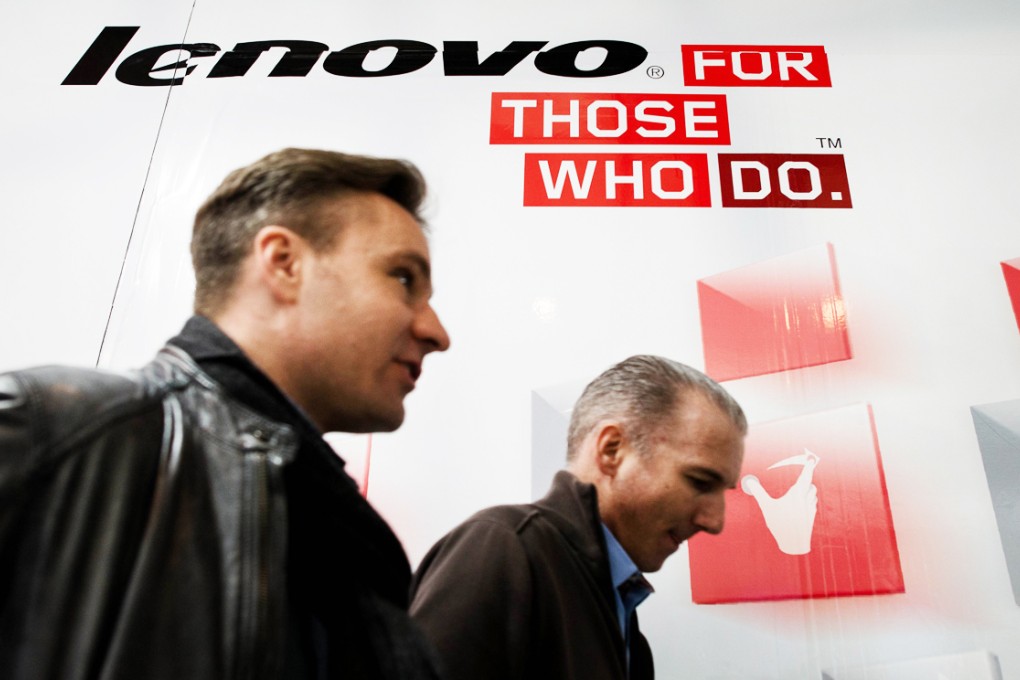Macroscope | Mainland managers must mend their ways
China is an economic powerhouse – of sorts.

China is an economic powerhouse – of sorts.
The ripples from the mainland’s arrival in global manufacturing and trade may well have been felt, but it has yet to make a lasting impact on global capitalism. It probably won’t be until a new crop of leaders have been given the keys to the executive office.
Mainland business organisations right now are primarily poorly run behemoths – whether we are talking about uncompetitive Chinese banks, fumbling infrastructure groups, or technology companies groping for international relevance.
A few firms, such as Lenovo, do stand out and appear to be building momentum. But the average mainland company is far from the leadership circle.
When it comes to understanding capital, many mainland company managements just don’t get it
Blow-ups like those involving Chaoda Agriculture and Real Gold Mining – which listed to applause – have been a dime a dozen in an environment where sharp practice and unscrupulous behaviour pass for business as usual.